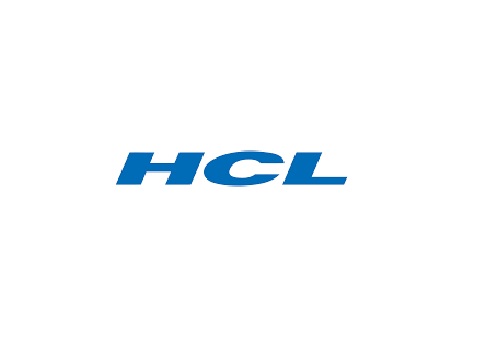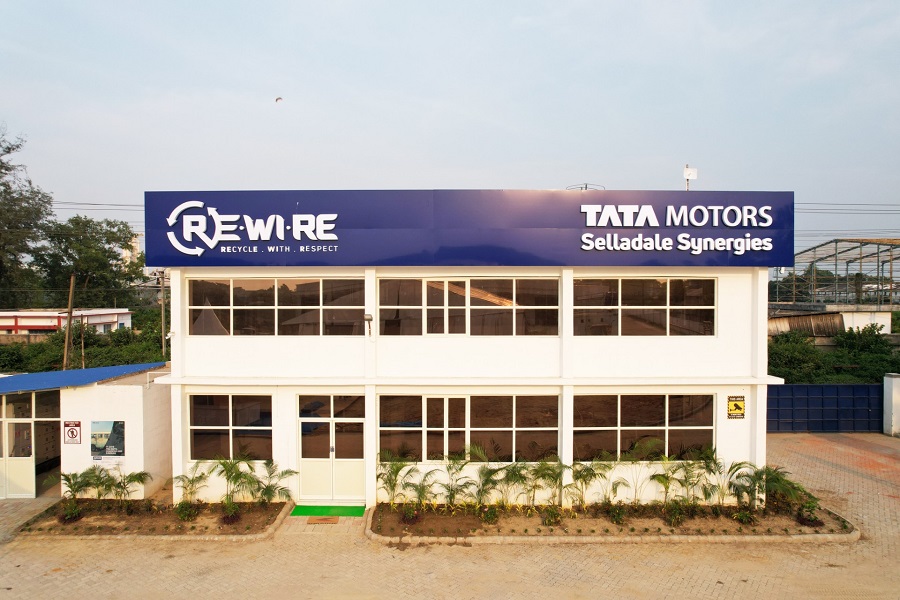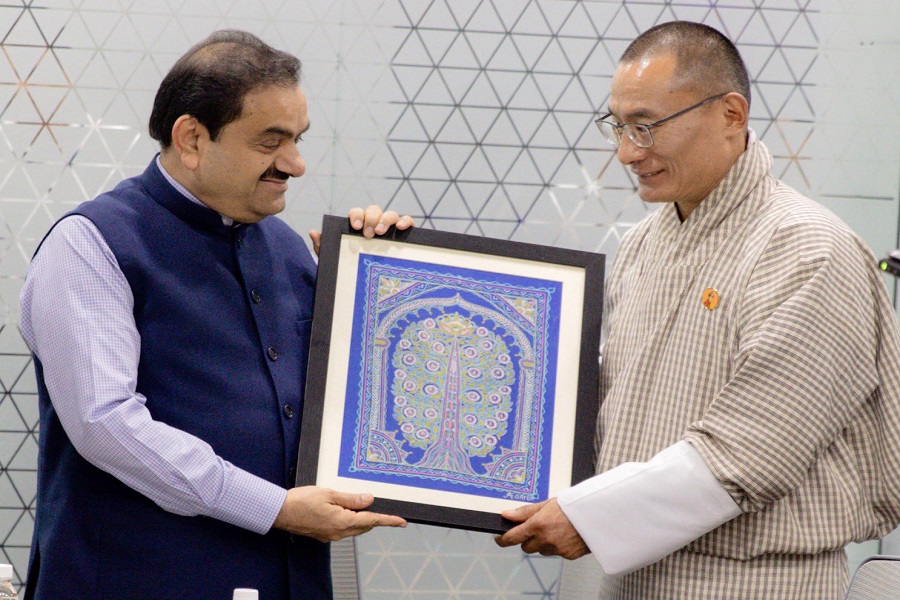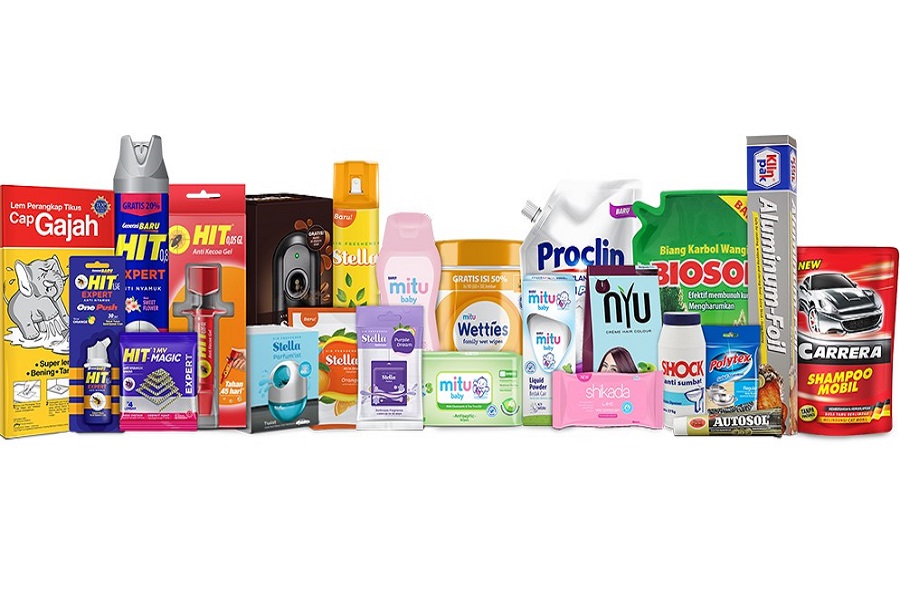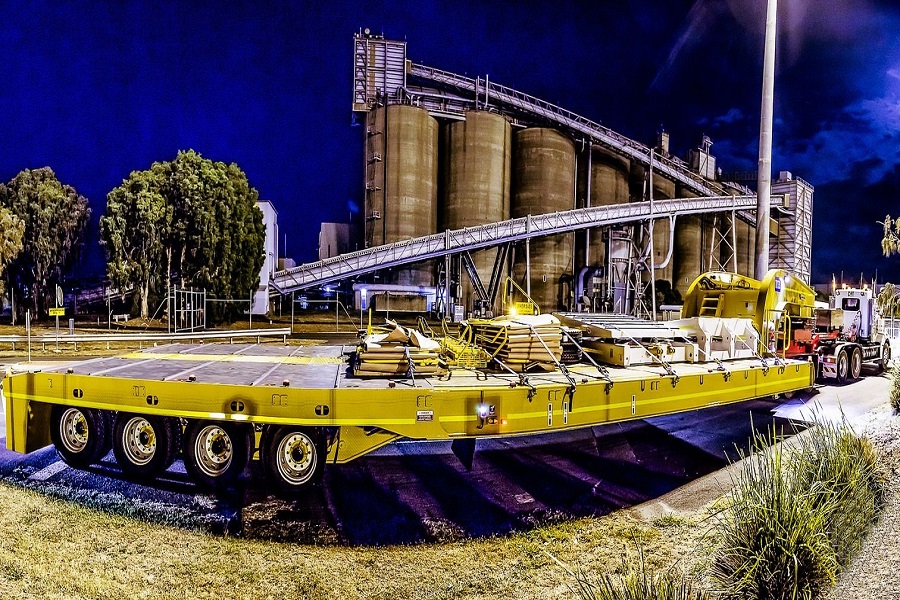Transteel Seating Technologies coming with an IPO to raise upto Rs 49.98 crore

Transteel Seating Technologies
- Transteel Seating Technologies is coming out with an initial public offering (IPO) of 71,40,000 equity shares of face value of Rs 10 each in a price band Rs 67-70 per equity share.
- The issue will open on October 30, 2023 and will close on November 1, 2023.
- The shares will be listed on SME platform of NSE.
- The share is priced 6.70 times of its face value on the lower side and 7.00 times on the higher side.
- Book running lead managers to the issue are Gretex Corporate Service and Pantomath Capital Advisors.
- Compliance Officer for the issue is Abhishek Lohia.
Profile of the company
The company is a known furniture provider with over 20 years of corporate and B2B experience. The company has developed the skill and expertise in making chairs, office furniture and other residential and commercial furniture. Over the years it has continued to focus on what it do well i.e. craft performance oriented Tables and Chairs. Its furniture solutions are a mix of design, value, and ergonomics, which ensure that back stays in good shape, day after day. It has also developed the in house Technical & Design team to provide turnkey solution and implementation of interior and work space in Commercial, Residential and Educational Institutions. Its aim is to develop creative and innovative Designs in furniture space and to develop techniques to make all products as part of “Make in India” initiative. The company’s proficiency lies in understanding the specific requirement of its potential customers and based on which it take the orders and it design according to the client’s requirements and deliver the final product. It provides wide assortment of products, such as Office Chairs and Office Furniture. Its professionals are devoted to develop a product range capable to gain a nationwide interest for its finish, designs, colour combinations, flawless detailing, quality and higher durability.
The company’s diversified product portfolio enables it to cater to a wide range of preferences and consumer segments. Its products are ready to use and provide space management and are primarily targeted to clients in Education, Healthcare, Hospitality, Banking, Insurance and Info Tech Companies. The company provides the right kind of furniture that is practical and affordable as well as attractive and enduring. It can be tailored as per unique needs. The company is using latest machineries and technology. The company keeps on upgrading its Manufacturing set-up, design capabilities and workmanship to deliver superior quality products with on-time deliveries and without any compromise on quality. With its digital-first approach, it has empowered customers to effortlessly transform their office spaces by selecting furniture that suits their requirements, style, and budget. Transteel has extensive product range with better quality, and a customer-centric approach. The company looks forward to serving more businesses and individuals with its exceptional furniture solutions as it forge ahead into the future.
The company has its manufacturing facility situated at No. 28, 4th Main, Industrial Suburb, Yeshwanthpur, Bangalore, Karnataka, India. The company outsource the mould of its products to the vendors for preparing them as per its requirements, these mould are then given to Injection moulding vendors to mould the part of the products. Once the parts are ready they are sourced to the factory where it has developed assembly lines to assemble each product. Also, some of the products are manufactured at its factory. The company has also expanded its presence in Mumbai, Chennai, Delhi NCR, Pune and Hyderabad.
Proceed is being used for:
- Prepayment/Repayment of Certain Debt Facility availed by the company.
- Purchase of Equipments to Facilitate Manufacturing.
- Working Capital Requirements.
- General Corporate Purposes.
Industry Overview
The Indian furniture market has traditionally been a largely unorganised one, for long dependent on local carpenters for customised wood-based products. But this trend is changing partly due changing preferences of consumers and partly due to administrative compliance issues. The market was dominated by a large number of small and local manufacturers till recently but as a result of the changing consumers preference for quality products along with increased formalisation of the economy due to implementation of GST, organised players’ market share is expanding. Meanwhile, Indian furniture industry has moved beyond living and bed rooms thanks to growing income of middle-class population and their fast changing tastes and preferences. Also, through the decades, the Indian furniture market has progressed. The market has expanded way beyond chairs and tables, including designed interiors such as wardrobes and sofas. With the arrival of MNCs like IKEA, the share of the organised players in the market is expected to expand further.
India is also known for its rich handcraft and appealing traditional art and style which also has had its impact on furniture industry. In fact, the Indian furniture business is noted for its fine craftsmanship, traditional art, and elegance. India’s share in global furniture exports is meagre in size as the sector was never considered for forex generation. The global demand for furniture is growing while there are capacity bottlenecks in key furniture exporting countries such as Vietnam. Globally, there is an increased thrust to reduce dependency on China which is also another key furniture exporting country. All of these factors could help the Indian furniture industry in gaining significant share within the furniture exports market. Currently, India’s top furniture export destination includes US, Germany, France, UK, Netherlands, and Australia. In addition, the government’s emphasis on making India an export hub will create significant export growth potential.
Pros and strengths
Sales, marketing, and distribution capabilities: The company has been supplying its products Pan India. Its widespread domestic presence not only mitigates the risk of dependence on a few regions. It has dedicated sales and marketing team. This team focuses on generating significant demand for its products in India. This division also works on maintaining the existing clients and acquiring new clients for its products.
Brand Positioning: The company provides the customers value for their money and has positioned the furniture at an affordable price with a focus on the Corporate, middle & affordable home segment. The company that there is an untapped market in the middle income segment which is both brand conscious and aspirational in nature. The company feels it is targeting one of the fastest growing segments, having an increasing level of disposable income. Its brands give it a broader platform to market its products to its customers.
Quality Assurance and Control: The company follows a practice of testing its products for the desired quality and customer requirement before dispatching & installation the same to the customers. It perform test such as visual inspection, mechanical test, Insulation resistance test, operational test, Continuity test and temperature & strength test to ensure the quality and safety of the products.
Risks and concerns
Dependent on various kinds of Supplier: The company’s business is significantly affected by the availability, cost and quality of the raw materials and bought out items, which it need to construct, develop and provide for its projects, products and services. The prices and supply of raw materials and bought out items depend on factors not under its control, including domestic and international general economic conditions, competition, availability of quality suppliers, production levels, transportation costs and import duties. Although it may enter into back-to-back supplier contracts or provide for price contingencies in its contracts to limit its exposure, if, for any reason, its primary suppliers of raw materials and bought out items should curtail or discontinue their delivery of such materials to it in the quantities it need, provide it with raw materials and bought out items that do not meet its specifications, or at prices that are not competitive or not expected by it, its ability to meet its material requirements for its projects could be impaired, its construction schedules could be disrupted and its results of operations and business could suffer.
Business involves usage of manpower: The company’s business involves usage of manpower and it is dependent on the availability of its permanent employees and the supply of a sufficient pool of labourers. Unavailability or shortage of such a pool of workmen or any strikes, work stoppages, increased wage demands by workmen or changes in regulations governing contractual labour may have an adverse impact on its cash flows and results of operations. It may not be able to secure the required number of labourers required for the timely execution of its projects for a variety of reasons including, but not limited to, possibility of disputes with sub-contractors, strikes, less competitive rates. It is subject to laws and regulations relating to employee welfare and benefits such as minimum wage, working conditions, employee insurance, and other such employee benefits and any changes to existing labour legislations, including upward revision of wages required by such state governments to be paid to such contract labourers, limitations on the number of hours of work or provision of improved facilities, such as food or safety equipment, may adversely affect its business and results of its operations.
Geographical concentration: The major portion of the company’s revenue for the financial year ended on March 31, 2023, March 31, 2022 and March 31, 2021 is from only one city. 30% of Revenue in Fiscal 2022-2023, 30% of Revenue in Fiscal 2021-2022 and 37% of Revenue in Fiscal 2020-2021 was from only one city i.e. Bangalore. Such geographical concentration of the company’s business heightens its exposure to adverse developments related to competition, as well as economic and demographic changes in these regions which may adversely affect its business prospects, financial conditions and results of operations. Factors such as competition, culture, regulatory regimes, business practices and customs, industry needs, transportation, in other markets where it may expand, its operations may differ from those in which it is currently offering.
Outlook
Transteel Seating Technologies (TSTL) is a furniture provider, and has been catering to businesses of all sizes for over two decades. However, in 2019, the company took a considerable leap by adopting a digital-first approach, transforming the way customers engage with its brand. This shift has made it convenient for customers to browse and purchase diverse range of Transteel furniture online. TSTL is a known furniture provider with over 20 years of corporate and B2B experience. The company has developed the skill and expertise in making chairs, office furniture and other residential and commercial furniture. Over the years it has continued to focus on its craft performance oriented Tables and Chairs. The furniture solutions are a mix of design, value, and ergonomics. The company has experience centers in Ahmedabad, Bangalore, Chennai, Delhi, Hyderabad, Mumbai and Pune. On the concern side, the company’s business requires a significant amount of working capital which is based on certain assumptions, and therefore, any change of such assumptions would result in changes to its working capital requirements. The industry, in which the company is operating, is highly and increasingly competitive due to presence of many small-time players in unorganized sector. Its results of operations and financial condition are sensitive to, and may be materially adversely affected by, competitive pricing and other factors.
The issue has been offered in a price band of Rs 67-70 per equity share. The aggregate size of the offer is Rs 47.83 crore to Rs 49.98 crore based on lower and upper price band respectively. On performance front, the company’s total revenue increased by 112.40% to Rs 5961.43 lakh for the financial year 2022- 23 from Rs 2806.74 lakh for the financial year 2022-23. The company reported a net profit of Rs 909.36 lakh in FY 2022-23 as compared to a net profit of Rs 159.08 lakh in FY 2021-22. Meanwhile, the company intends to cater to the increasing demand of its existing customers and also to increase its existing customer base by enhancing the distribution reach of its products in different parts of the country. The company proposes to increase its marketing and sales team which can focus in different regions and also maintain and establish relationship with customers.

